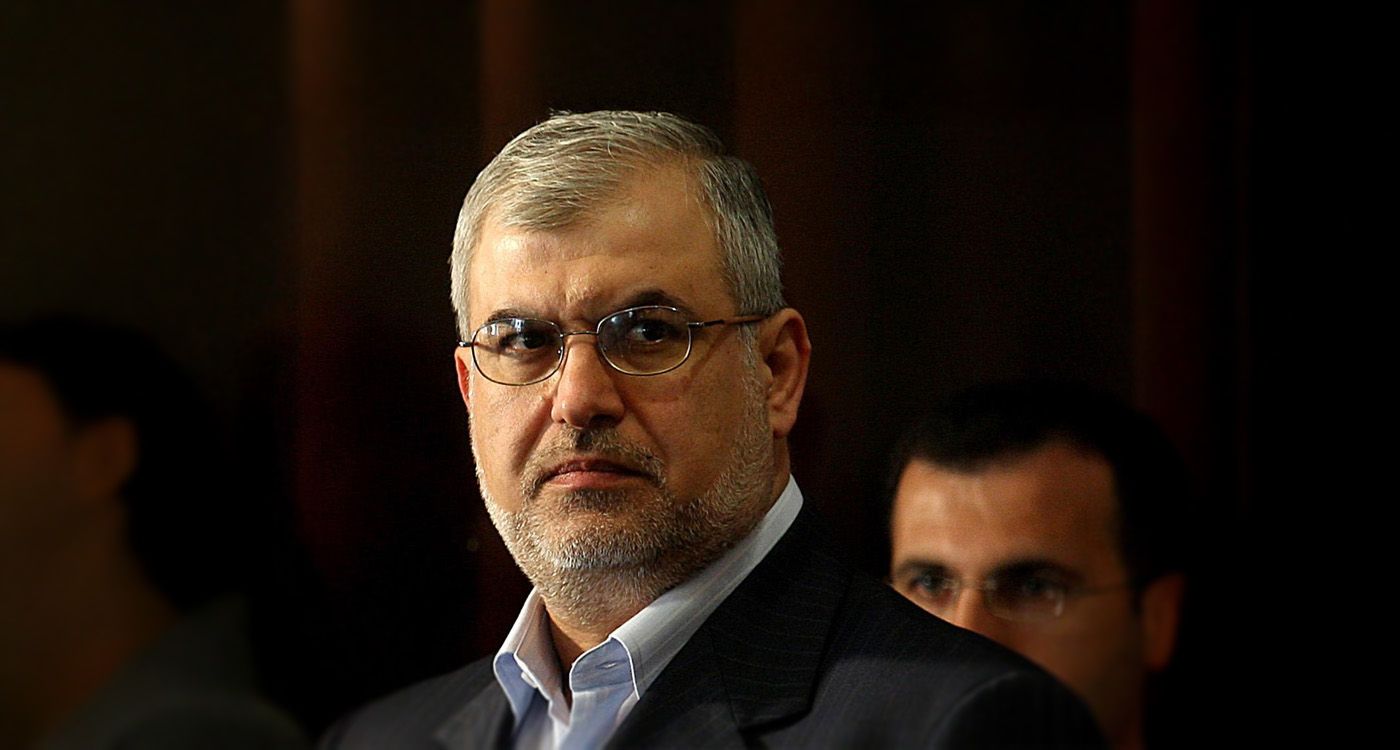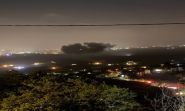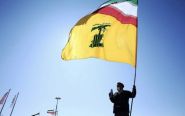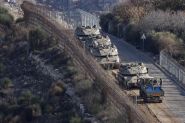
Mohammad Raad has served as a Lebanese MP for over three decades, since the first post-Taïf Parliament in 1992. As head of the Loyalty to the Resistance bloc, which marked Hezbollah’s first parliamentary entry, Raad has witnessed all phases of post-war Lebanon. His combat experience is evident in his speech, marked by a stern expression even in laughter, rough language, political cant and a formal, somewhat rigid style that commands respect yet unsettles.
Unlike typical politicians, Hajj Mohammad lacks the usual oratorical gifts: charisma, striking appearance, vocal modulation and tone. Yet, by divine grace, he captivates the Mumanaa’s audience who choose him not for his personality per se, but rather for what he symbolizes. In the last elections, Mohammad Raad secured nearly fifty thousand preferential votes, competing strongly with Parliament Speaker Nabih Berri, a significant leap from the narrow margin of about one thousand votes in previous elections. Raad’s overwhelming support illustrates how the electorate often backs figures for ideological loyalty rather than ideas, policies or eloquence. His recent interview on Al-Manar TV showed him struggling, resembling a heavy fish out of water.
In the interview, Mohammad Raad blurred the lines between life and death on several issues, such as his pledge to vote for Nabih Berri as Speaker of Parliament “even if he dies.” This logic, rooted in the denial of reality, also suggests that Mohammad Raad is steering his followers toward literal slaughter and suicide. He rejects government decisions as well as the outcomes of the recent war, and refuses to commit to disarming the weapons that he equates with honor and dignity. These declarations leave opponents speechless, as they are difficult to contest.
Mohammad Raad, though aware that the game is effectively over and that the weapons will ultimately be seized by the state, or else the consequences will be far more severe than just war, refuses to concede. Hezbollah’s combat and ideological doctrine simply does not allow for capitulation. While the party may see adopting a stance above the crisis as a means to buy time in the hope that circumstances improve, denying the new regional reality is essentially an attempt to mislead the public and drag it into further turmoil.
Hezbollah will not accept the status quo nor tell the state, “Please proceed to the arsenals and confiscate the weapons.” This is an insult to their dignity, and as Hajj Mohammad expressed it, an attack on their honor. According to him, Hezbollah would rather die fighting and end its legacy with a heroic saga than surrender its pride and dominant position.
But what responsibility does the Shiite community bear for being led into this tragic predicament? If the leadership chooses martyrdom and heroism, must it also consciously or unconsciously drag the entire community into this dark abyss?
Ultimately, Hezbollah itself is the greatest enemy of the Shiites, with its fearsome doctrine and ideology turning it into a bitter foe of its own people, steering them toward collective self-destruction.



Comments